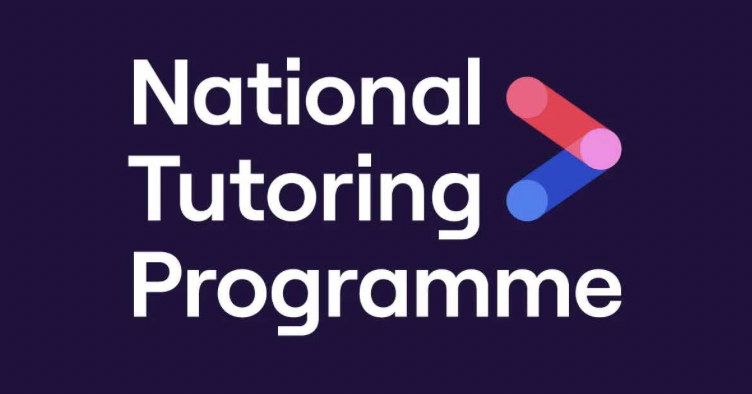How to Approach Mental Health Conversations with Children

How to Approach Mental Health Conversations with Children
Times are changing in the world of mental health as we begin to recognize the need for open conservations and self-care. Society as a whole is shifting to prioritise such things as more people become aware of changes in their own mental health. But what about children, who are less likely to have an awareness of their feelings or the words to communicate them?
Christmas is traditionally a time when families get together celebrate and reflect on the previous year, and for obvious reasons, this year is going to be very different. Children may choose to share more with you as they have anxiety about the outside world, or they may show uncertainty around the success of vaccinations.
They will read a lot of information online that is contradictory and confusing even for the most educated adults! They may also not yet have the emotional literacy to fully describe their feelings, or they may not feel confident to discuss them with an adult.
Conversations around mental health are never easy, no matter who the conversation is with. But mental health is a particularly challenging conversation to have with children and one that is often avoided. The difficulties and discomfort around such conversations must be recognized, give yourself and the child grace through this time. If you feel a child is facing mental health difficulties then it is important to address these and not to ignore them. It is unlikely that a child will have the ability to work through these difficulties without support from an adult or even a professional. Approaching these conversations takes planning, finding the right approach will entirely change the trajectory of not only that conversation but the child’s relationship with future conversations around this topic. First, ensure the child feels safe. You should have a positive relationship with the child in which they feel able to speak to you, if this is not the case you may not be the right person to approach this. It is important to recognize this and ensure the right person is beginning the conversation. The environment should be comfortable, free from distractions where you cannot be overheard, it is important that the child is able to relax as they begin to speak. The child may benefit from a fidget toy or something to hold that will help ease any anxiety or nervousness that arises in the situation.
When discussing mental health with children it must be recognized that they experience the same feelings, emotions and stresses that adults do and these should not be dismissed simply due to their age. It is your responsibility as the adult to support the child in sharing their current feelings or worries and asking appropriate but not leading questions in order to gather the information needed. There is a range of books, apps and other resources available to support these conversations and assist a child in finding the words to describe their feelings. For younger children, you may find them using words to describe how it makes them feel physically. Anxiety may be described as a fizzy tummy or a shaky body for example. You may also find them connecting feelings to objects, for example depression may be described as a rain cloud. We can never predict how a child will communicate with us, the language they use may be unexpected and may take some time to fully understand. Whichever approach a child takes to share their thoughts and feelings with you, ensure you praise them for their bravery and strength to encourage future conversations.
It is important to always end conversations around mental health on a positive so that they transition to their next activity with a more positive mindset. Reassure the child that you (or others) will help them build the skills necessary to create a healthy mind. You cannot fix them, but you can teach them how to help themselves and those are important skills to hold throughout a lifetime. After all, mental health is as important as physical health and if a child is struggling, we want to support them in healing.
More articles
Go to the blog



















